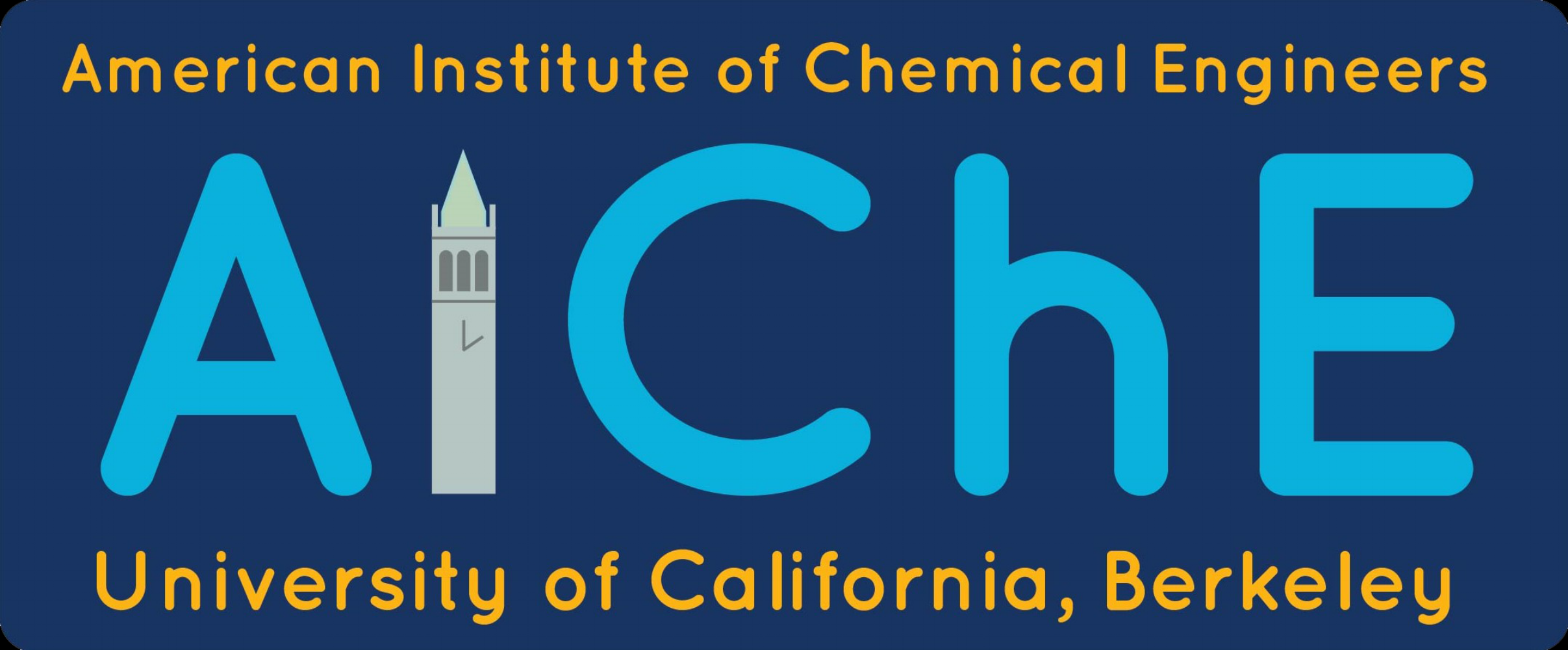CHEM 4B
Course Number: CHEM 4B
Course Name: General Chemistry and Quantitative Analysis
Units: 4
Offered: Spring
Requirement Satisfied: CORE
Concentration(s): n/a
Past Professors: Saykally
Summary:This is the second part in the introductory chemistry course series for students in the College of Chemistry. This course targets topics typically not commonly taught in high schools. The majority of the course is not as fast-paced as Chem 4A, but the exams are just as difficult and there is a heavier emphasis on the lab portion. The first half of the course content looks at quantitative analysis, instrumental methods, and green chemistry. The second half of the course content looks at kinetics, introductory organic, chemical biology, and some other special topics. One focus of the course is on the special project, which you will spend a several weeks along with a partner to propose a unique project, revise your experiment, conduct the experiment, collect results, and ultimately write a report and create a poster, which you will present.
Official Prerequisites: Chem 4A, High school chemistry; calculus (may be taken concurrently); high school physics is recommended
“Legit” Prerequisites: High school chemistry is helpful and some calculus.
Topics Covered: 1. Quantitative analysis 2. Instrumental methods 3. Green chemistry 4. Kinetics 5. Chemical Biology
Workload: There are weekly readings and homeworks, but are not as emphasized as in Chem 4A. The special project is a very big emphasis of the course, and will take course over the span of the majority of the semester. There are 3 midterms over the semester and a final, which total to approximately half of the overall. The other half of the grade comes mostly from the lab portion and special project. The lab portion will again take a big portion of your time as you will have prelabs, 4 hour labs, and lab reports.
When to take: Freshman Spring
"What’s next" Courses: Chem 12A is typically the next course taken for Chemistry.
Usefulness for research / internships: Not particularly
Added Comments or Tips: The lab portion is very important, so having a good GSI is extremely helpful. Also having a good project partner is important. Course is typically graded on an absolute scale. If Saykally is teaching be sure to study past exams of his.
